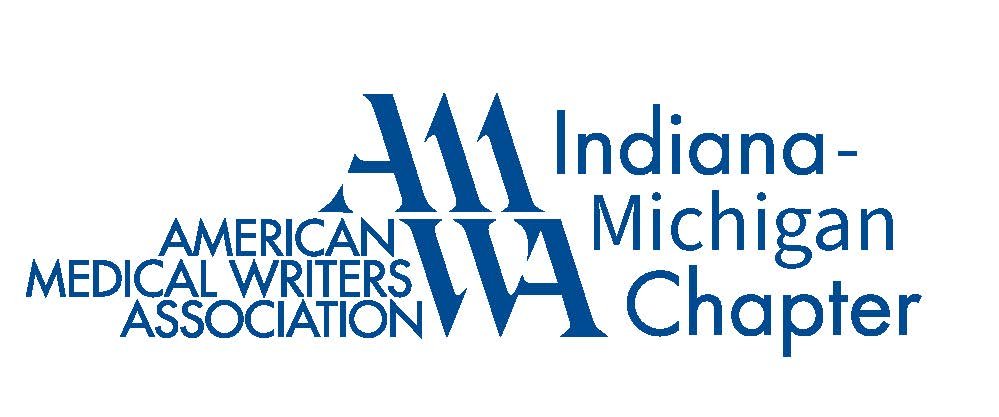AMWA Adds a New Member Benefit
One of the greatest benefits of AMWA is both the formal and informal ongoing educational activities at the national and local level. A new benefit for members is monthly educational presentations led over phone and internet by different chapters. The first one was on September 8th and was hosted by the Rocky Mountain Chapter. I’ve included a summary of it below. Watch your emails from the chapter for details on the next one. It is currently scheduled for 10/15.
The presenter’s mother died of sepsis from a preventable infection; she was in a different state and her siblings didn’t know what to watch out for or what questions to ask. The presenter described the current state of healthcare consumers as confusion: General practitioners are disappearing and specialists/hospitalists are on the rise at the same time that a confusing mishmash of services, treatment options, and technologies confront healthcare consumers. The presenter referenced stats concerning the prevalence of medical errors (100,000 deaths from medical errors I believe she said in the last year, or maybe it was the average per year) and hospital-acquired infections (80,000/year). In the face of this, consumers are told to take charge of their own health. The question is how, because tools plus information does not equal knowledge; 86% of adults aged 24 to 65 with healthcare insurance don’t understand basic healthcare concepts and terms, and 89% are not able to compute the costs of a four-day hospital stay.
The presenter listed several types of advocates:
· Family and friends, who usually lack knowledge and are personally invested (I think meaning that they may lack objectivity)
· Case managers, nurse navigators, and other healthcare staff working for hospitals or insurance agencies, who obviously will not advocate for patients against the interests of the organizations that pay them
· Independent advocates who will put patients first but who are expensive
The presenter falls into the independent advocate category. These advocates help patients articulate their needs and make sure their voices are heard. They help patients navigate the healthcare maze, ensuring their wishes are respected and that they pay only for what they want and need, not for anything they don’t want, don’t need, or didn’t get. The presenter sees medical writers as being able to bridge the gap between medical professionals/providers and consumers in patient advocacy efforts. The possibilities she envisions include:
· Patient education tools
· Shared decision-making tools
· Journal articles
· Translation efforts, not only from non-English to English but also from medicalese to consumer-friendly language
· Grant writing/funding proposals
· Consumer magazines
Medical writers may be a life preserver for:
· Physician groups
· Provider organizations
· Nurse navigators
· Concierge doctor services
· Independent advocates (in the form of helping to write blog posts and white papers)
· Hospital-based advocates
· Employee assistance/workplace wellness programs
I encourage all members to take advantage of the AMWA educational opportunities.
